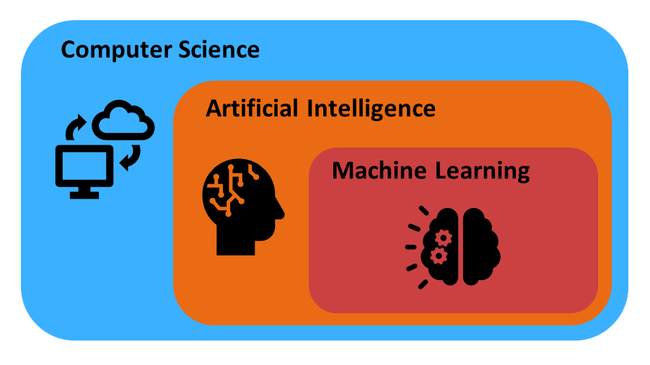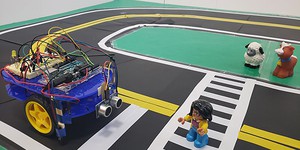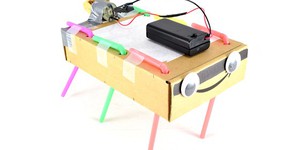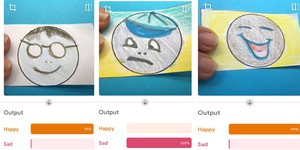Artificial Intelligence Lesson Plans (3 results)
Artificial intelligence (AI) is a branch of computer science that enables computers and robots to perform tasks requiring intelligence. The tasks can be as simple as programming a computer to play an easy game like tic-tac-toe or as challenging as having a computer diagnose and treat a sick patient. Sometimes artificial intelligence is used to get machines to do things that humans already do well, like using spoken language to communicate. Other times AI is used to do tasks that are hard for humans, like predicting how new proteins might fold up into 3D structures and how those structures interact with other nearby proteins.

Machine learning is a subfield of AI where a machine "learns" how to do something without the programming telling it exactly how to deal with every step. In machine learning, a computer is given data from which it builds a model, and that model can repeatedly be trained, tested, and have more data added until it performs well. Companies are using machine learning to build robots that walk, self-driving cars, computers that can compose music, and many other types of technology.
You can try your hand at AI and machine learning with these exciting projects and experiments.
|
Select a resource
Sort by
|
Lesson Plan
Grade: 8th-12th
2 reviews
This eight-part lesson will guide you through building and programming Arduino-controlled autonomous cars with your students. Each part contains a detailed step-by-step video and a supplemental lesson plan PDF with learning objectives, assessment opportunities, and appendices with circuit diagrams and example code. You can present the material yourself or have students follow along with the videos and pause to work on their autonomous cars.
Read more
NGSS Performance Expectations:
Featured
Lesson Plan
Grade: 6th-8th
7 reviews
Junkbots are easy-to-build robots that you can make using a simple circuit and some recyclable materials. In this lesson, your students will learn about engineering design as they compete to build the fastest robot. No previous robotics experience is required!
Read more
NGSS Performance Expectations:
Lesson Plan
Grade: 6th-8th
3 reviews
Classifying happy and sad faces is an easy task for most humans, but can we teach a machine to do it? In this fun lesson, students will use machine learning to try this out and see how easy it is for bias to creep in. This experiment requires no computer programming skills! In an optional extension, students will also use their imaginations to explore the potential benefits and dangers of artificial intelligence solutions. This lesson will give students an awareness of how prevalent artificial…
Read more
NGSS Performance Expectations:
New
Lesson Plan
Grade: 6th-12th
Create a two-part system for filtering greywater. Teams will focus on communication and systems engineering as they build separate components to filter solid and liquid waste and then combine them into one device.
Learning Objectives
Students will:
Consider the potential effects of drought and how greywater could be part of the solution.
Design a system for filtering out solid waste or liquid waste.
Consider effective communication strategies with their team.
Collaborate on their design…
Read more
Lesson Plan
Grade: 9th-12th
Using the Netlogo platform to run simulations of a basic neural network called the perceptron, students explore a basic, yet powerful, model of machine learning as they are challenged to understand the logic. Students engage in the perceptron model and discover a weakness of the model. The students then move on to run simulations on Netlogo with the multi-layer perceptron which overcomes the weakness in the original perceptron model. Engineering Connection
Machine learning…
Read more
|











